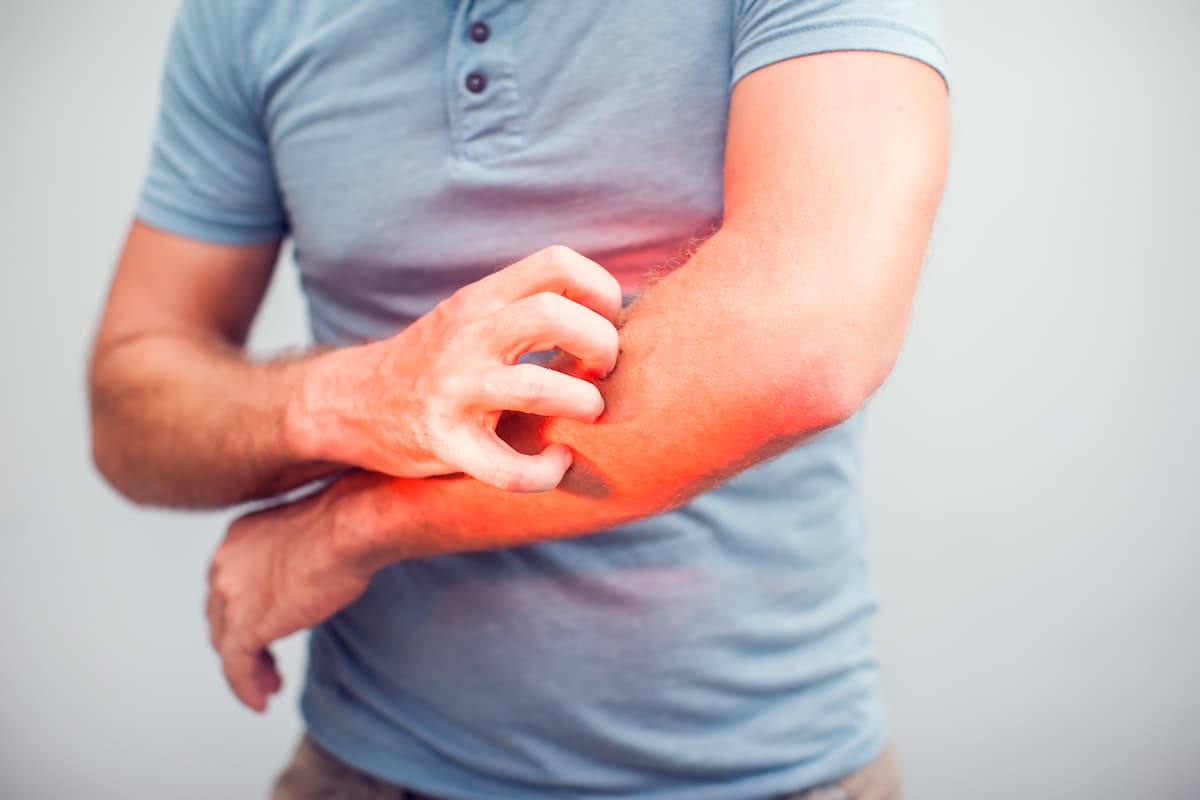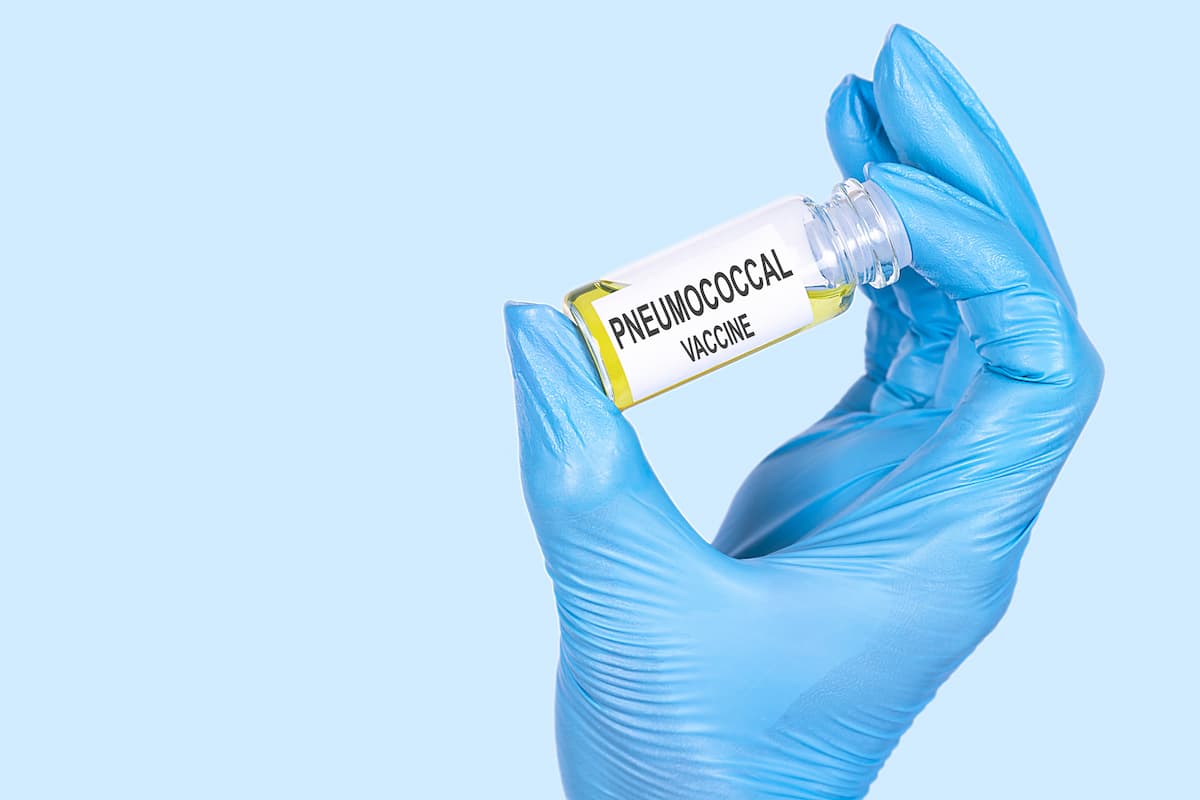Article
A Pharmacist's Guide to OTC Hangover Remedies, Part 2
Author(s):
We will explore some common herbal remedies for hangover symptoms and consider the peer-reviewed evidence behind their use.
I wrote an article approximately a year ago that focused on so-called "hangover remedies” that are often advertised in drug stores, supermarkets, and on the Internet.1
The goal was to critically consider any evidence associated with the use of over-the-counter (OTC) supplements to treat the symptoms of an alcohol-induced hangover. I still receive positive feedback regarding this article, so I wanted to write a follow-up that considers more ingredients purported to ameliorate hangover symptoms.
As previously described, hangovers are an unpleasant after-effect of ethanol consumption. Dehydration and the accumulation of toxic metabolites resulting from ethanol metabolism (acetaldehyde) are key contributors to hangover symptoms. Common hangover symptoms include headache, nausea, lethargy, and a general state of malaise. These symptoms can vary in intensity depending on the individual consuming the ethanol, the amount of ethanol consumed, and the type of ethanol. There are countless supplements marketed as “hangover cures” that can be taken before or after ethanol consumption. These supplements generally contain multiple herbal ingredients that have varying amounts of evidence supporting their efficacy.
We will discuss 6 OTC herbal supplements that are commonly used in commercially-marketed supplements or by themselves to treat the symptoms of a hangover:
1. Kudzu root is generally used to describe multiple species in the genus Pueraria. Kudzu root is used in traditional Chinese medicine for multiple ailments, including the after-effects of alcohol consumption. Multiple formulations have become available OTC in Western countries. Some species have been shown to induce acetaldehyde removal. Acetaldehyde is an ethanol metabolite responsible for some hangover symptoms.2 Not all species referred to as Kudzu root have shown this property. Rat studies have shown mixed results when ethanol toxicity was considered. Human trials are scarce, small, and generally did not show Kudzu having an impact on drinking habits or ethanol disposition. Kudzu is one of the more well-studied herbal supplements in relation to the effects of ethanol, but solid evidence as a hangover cure in humans remains elusive.
2. Ginger, a perennial root herb from the plant Zingiber officinale, is commonly thought of as a mild antiemetic. While no studies have assessed the effectiveness of ginger formulations alone on reducing the severity of hangover symptoms, a formulation used in traditional Chinese medicine called Kami-Shoyo-san (KSS), consisting of ginger root, brown sugar, and tangerine, was shown in a modest study to decrease the severity of nausea, vomiting, and diarrhea when doses were given prior to alcohol consumption. It was not found to alter the time required to recover from hangover symptoms.3 There have been some small studies that have concluded that inhalation of ginger oil had a statistically significant effect in reduction of post-operative nausea level, but most studies that consider the use of ginger as an anti-emetic are small and poorly controlled.4 The use of ginger to control hangover symptoms may help some, but convincing evidence that quantifies efficacy is not currently available.
3. Peppermint oil has been studied for its clinical utility in the treatment nausea and upset stomach. The proposed mechanism involves interacting with receptors in the gut that are involved in pathways associated with nausea. Preliminary studies have evaluated peppermint oil for the treatment of post-operative nausea, chemotherapy, and irritable bowel syndrome. One study reported that peppermint was found it was more effective than placebo, but not superior to current standard therapies.5 In relation to ethanol-induced hangover treatments, peppermint has not been well characterized in the literature as a potential treatment modality.
4. White willow bark is often isolated from several species of the willow tree and has been used to treat various inflammatory conditions. The bark contains salicin, a compound that is structurally similar to aspirin and may also carry the same risks.6 Due to its antiinflammatory properties, it has been proposed as a possible hangover remedy to combat the inflammatory effects of ethanol and its metabolites, but human trials have not explored or confirmed this. Due to this lack of evidence and possible risks associated with salicin, white willow bark should be avoided.
5. An active constituent of tumeric, curcumin, has been of interest to the scientific community due to research related to cancer. Turmeric supplements may have antiinflammatory properties. Small studies have shown that turmeric reduced pain and improved function on individuals with osteoarthritis of the knee.7 Currently, there is scant evidence exists on its use as an anti-inflammatory drug for the treatment of hangover-related symptoms.
6. The prickly pear cactus has been a domesticated crop plant for thousands of years and is purported to have anti-inflammatory properties. A double-blind study that examined the use of a prickly pear extract (1600 IU) given prior to ingestion of alcohol found that the 55 subjects received the extract reported a moderate reduction in alcohol symptoms. An overall decrease in hangover symptoms that approached statistical significance was observed.8 While interesting, this is a single study that has yet to be corroborated by larger clinical study. Prickly pear is an edible plant and toxicity of ingesting the plant appears to be low, making the risk of trying this supplement low compared to some other supplements. The current conclusions mirror those reached in my previous article. Supplements marketed for hangover management generally have little evidence of clinical efficacy. While many of the supplements mentioned are generally considered safe for consumption, there is always a risk associated with taking dietary supplements. There does not appear to be a “silver bullet” approach to hangover management besides avoiding ethanol altogether or drinking ethanol in moderation with adequate hydration and food.
Dominick Varis, a 3rd year pharmacy student at the University of Buffalo contributed to this article.
References
1. Hefti E. A Pharmacist's Guide to OTC Hangover Remedies. Pharmacy Times. 2016.
2. McGregor NR. Pueraria lobata (Kudzu root) hangover remedies and acetaldehyde-associated neoplasm risk. Alcohol. 2007; 41(7): 469-478.
3. Takahashi M, Li W, Koike K, Sadamoto K. Clinical effectiveness of KSS formula, a traditional folk remedy for alcohol hangover symptoms. J Nat Med. 2010; 64(4): 487-91.
4. Golembiewski J, Chernin E, Chopra T. Prevention and treatment of postoperative nausea and vomiting. Amer J Health-System Pharm. 2005. 62(12).
5. Ford AC, Talley NJ, Spiegel BM, et al. Effect of fibre, antispasmodics, and peppermint oil in the treatment of irritable bowel syndrome: systematic review and meta-analysis. BMJ. 2008; 337: a2313.
6. Vlachojannis J, Cameron M, Chrubasik S. A systematic review on the effectiveness of willow bark for musculoskeletal pain. Phytotherapy Res. 2009; 23(7): 897-900.
7. Madhu K, Chanda K, Saji M. Safety and efficacy of Curcuma longa extract in the treatment of painful knee osteoarthritis: a randomized placebo-controlled trial. Inflammopharmacology. 2013; 21(2): 129-36.
8. Wiese J, McPherson S, Odden MC, Shlipak MG. Effect of Opuntia ficus indica on symptoms of the alcohol hangover. Arch Intern Med. 2004; 164(12): 1334-40.

FDA Approves Dupilumab, Marking First Targeted Therapy in a Decade for Chronic Spontaneous Urticaria




